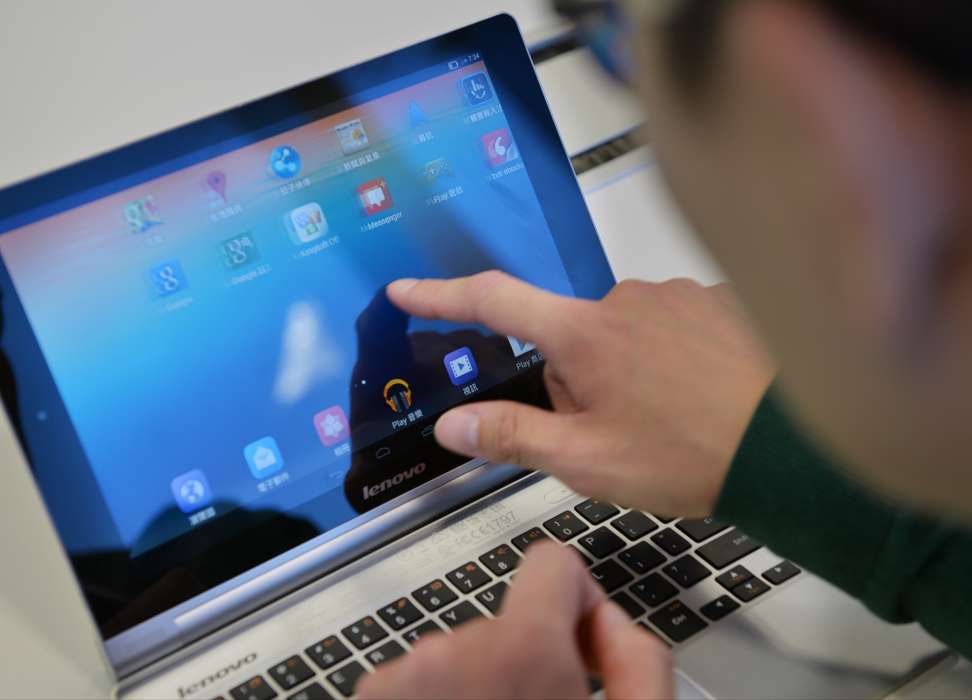
One in five Hong Kong youngsters use internet for illegal activities, survey finds
Hong Kong Playground Association reports that the web is sometimes used to recruit triad members, buy drugs or offer compensated dating services

Almost one in five Hong Kong youngsters admitted they would take part in illegal activities on the internet because “there was little chance of being caught”, a survey has found.
Nearly half of the juvenile respondents also felt they could publish any comments or photos online as everyone should be entitled to freedom of speech.
Researchers believe the results show a general lack of awareness about the need to obey the law in online behaviour, calling on schools and parents to brush up their knowledge to better educate young people.
The Hong Kong Playground Association interviewed a random sample of 725 youngsters from September to December last year about their internet activities.
It found that 98 per cent of respondents owned either a smartphone, desktop or tablet computer with internet access, while three in four said they began surfing the web before they were eight or nine.
While the youngsters mostly used the internet for communication, entertainment and learning purposes, 13 per cent said they had taken part in online gambling, while 21 per cent had browsed pornographic content.
A small fraction even admitted they had recruited triad members, purchased drugs or offered compensated dating services.

Association spokesman Wan Lap-man said 19 per cent of respondents said they would carry on with illegal activities even after acknowledging they were against the law because they felt there was a slim chance they would be exposed.
One example was an 18-year-old female student who had set up an online platform with some friends offering sought-after concert tickets.
While they had insiders who could secure a few tickets, the page received an overwhelming response and they could not deliver after accepting deposits.
In the end, police let them off with a caution, a discretion sometimes offered by the force to juveniles who commit minor crimes.
“We did not realise things would escalate so quickly,” the student said. “We thought we would be told off at most.”
Wan said other common activities included cyber-bullying and posting photos of other people without their consent.
“The photos can be altered or used to apply for a bogus social media account ... to disparage others,” Wan said.
Many teenagers were unaware that crimes committed online could be traced by police. “If there is sufficient evidence, police can still prosecute ... but many think, ‘so what? We might not be caught anyway’,” Wan said.
The group urged the government to tackle the problem by increasing youngsters’ knowledge of online activities.